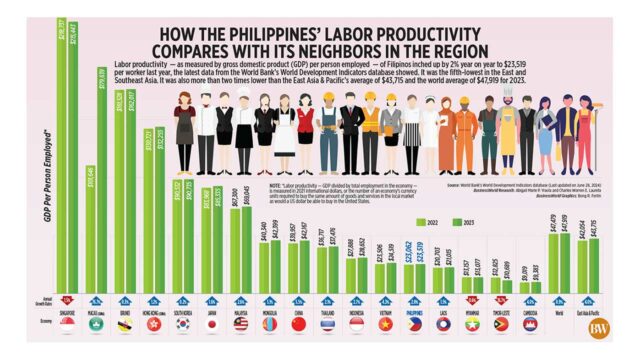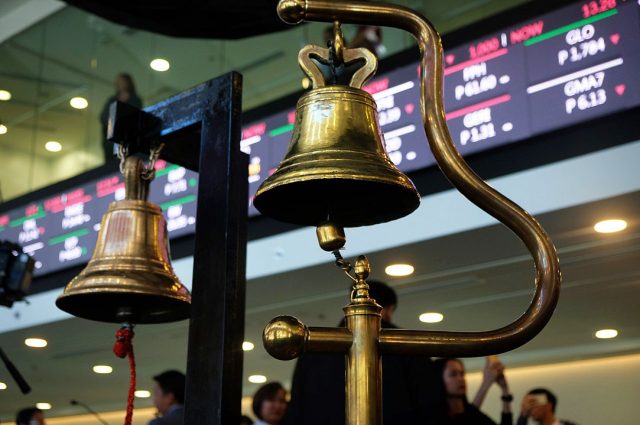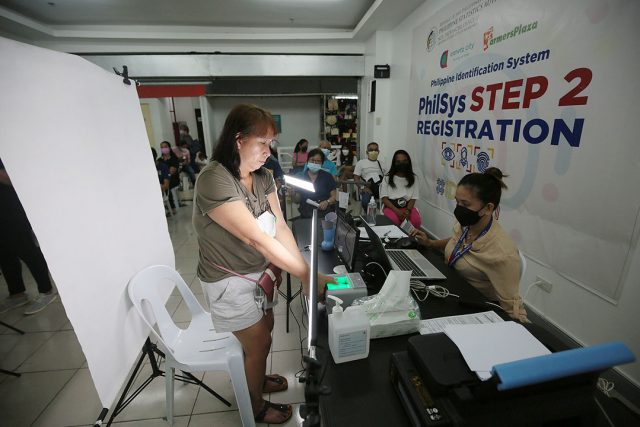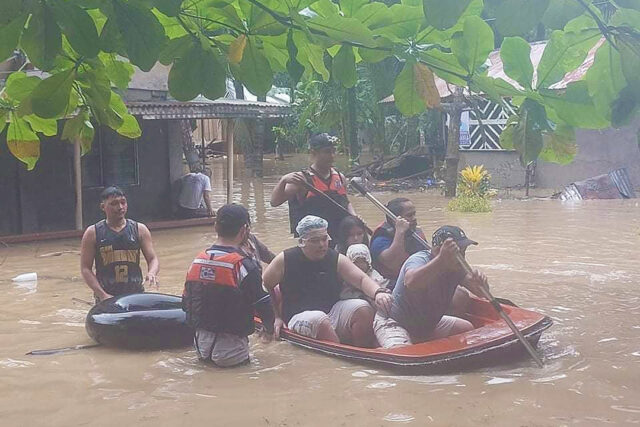CEO Next and Robina’s masterclass
With the strong desire to help other young women, Filipina CEO Circle (FCC), a network of career women organized in 2015, recently launched CEO Next, an exclusive program designed to “empower, inspire and equip women leaders with skills, confidence and network to reach the top.”
Thanks to the CEO Next Executive Development Team led by Accenture’s Ambe Tierro, 16 senior executives were selected as mentees after an involved nomination and screening process. These are Alma Aldip (BPI), Dianne De Mesa and Doris Pastoriza (KPMG), Yvette De Peralta (BPI Wealth), Jane Gocuan (PBCOm), Geng Paulino (BPI) from the banking sector; Karen Roscom from the Bureau of the Agriculture and Fisheries; Jenny Hans (Accenture) and Cielo Narvaez (Telstra) from business process outsourcing; Dimples Lopez (Schneider Electric) from the energy sector; Carissa Feria (Ayala Land), Anna Lu and Maita Villanueva (Aboitiz InfraCapital) for infrastructure and real estate; Weng Empalmado (EastWest Ageas) and Queens Ornedo (Sun Life) for insurance; and Rizza Latorre (Metro Pacific) from the transportation sector.
Some of the mentors are Shell’s Lorelie Osial, Aboitiz’ Cosette Canilao, ING’s Zondy Garcia, PBCom’s May Siy, Sun Life’s Riena Pama, SC Johnson’s Marissa de Ungria, BPI’s Ginbee Go, Karen de Venecia, and Marivic Anonuevo, among others.
To demonstrate the seriousness of mentoring and to ensure all mentors are on the same page, Pia Nazareno-Acevedo, a leading life coach in the Philippines, gave a two-hour mentoring class, sharing her own experiences and wisdom. Four masterclasses have also been scheduled, with graduation in November.
The first masterclass with mentors and mentees was held on Aug. 7 at the Shangri-La Fort with Robina Gokongwei-Pe, president and CEO of Robinsons Retail Holdings Inc. Her presentation was enjoyable, including storytelling and anecdotes of their personal and corporate history and her dad Mr. John Gokongwei’s journey demonstrating “hard work, frugality, integrity, and boldness to dream. A reminder of the values that continue to guide the Gokongwei Group today: entrepreneurial spirit, stewardship, and integrity,” she said.
To an all-women audience, Ms. Robina said gender is not a barrier in the workplace and that being a woman is an asset as employers actually prefer women due to their attention to detail and hardworking nature. She also acknowledged the importance of having a supportive partner or husband.
Ms. Robina summarized her talk with this list of “Eight Lessons from a something something Daughter of Boss (DOB)”:
1. You have to work doubly hard to prove you deserve the position.
2. You have to follow company rules, no exception.
3. If you will be a DOB, work outside for a few years so you know how it is to be yelled at and punished.
4. In retail, when visiting stores or bodegas, don’t ask for a chair.
5. Even if your family is the largest shareholder of the company, pay for the things you buy and the flights that you book.
6. Don’t just run a business, have an advocacy.
7. Don’t pretend you know everything. Ask for help!
8. Don’t forget your childhood friends.
We learned a lot during the open forum, especially when FCC founder Marife Zamora asked how she felt being the eldest child when in traditional Chinese families, boys are favored. Lance her younger brother, is the only son and heads the Gokongwei group. She responded that it’s okay “as Lance is competent and he deserves it,” and happily added, “I have more time to go to the parlor!” This shows that she looks at the glass half full, counts her blessings, and has a grateful heart. No wonder she looks young!
Lance is definitely qualified, graduating summa cum laude from both the University of Pennsylvania (Engineering) and Wharton (Finance). Reminds me of Kapitan Lucio Tan’s grandson, Lucio Tan III, president of LTG Group and PAL Holdings, who also has double summa cum laude in Electrical Engineering and Computer from Stanford. Impressive indeed.
Ms. Robina’s masterclass was refreshing and insightful. She showed that the journey to the top is challenging but with a positive attitude and humor, it can and should be fun!
Now the mentoring and the transformative journey begins!
The views and opinions expressed above are those of the author and do not necessarily represent the views of FINEX.
Flor G. Tarriela is PNB board adviser, independent director of LTG and Nickel Asia. The first Filipina vice-president of Citibank N.A, she was former undersecretary of Finance. An environmentalist, she founded Flor’s Garden in Antipolo, an events destination.















